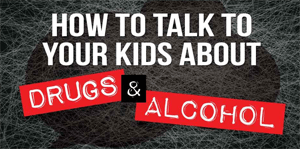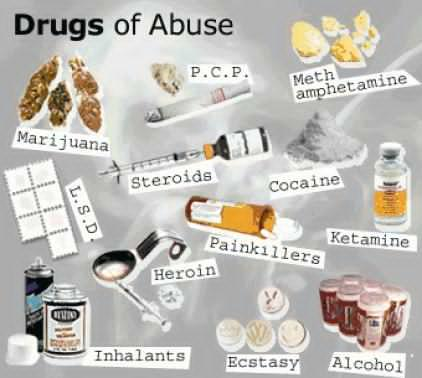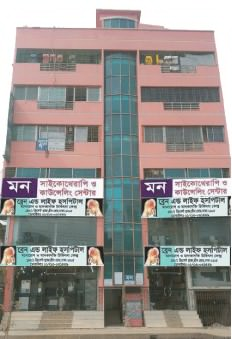Know the facts about drugs Part-III
There are no easy answers to the problems caused by drug use, but knowing the facts can help you deal with drugs issues.
It’s good to talk ...and listen!
Talking about drugs and drug use can be difficult. You may feel uncomfortable talking about drugs because you don’t know enough about the subject. You may not be confident that you can talk to and influence the other person. You don’t have to do this alone, you can get further information and support. If someone you know is taking drugs or you think they are taking drugs: • Listen to them – it is important to understand and respect how they feel; • Keep the lines of communication open; and • Look for more information before you do anything. The Health Service Executive (HSE) has staff trained in drugs education in your area. They also have counselling and treatment services. A number of voluntary agencies also provide education, counselling and treatment throughout the country.

Where can I get more information and support?
The Brain and Life Hospital (B&LH) has staff trained in drugs education in your area. They also have counselling and treatment services. A number of voluntary agencies also provide education, counselling and treatment throughout the country.
What you need to know about drugs
There are five main kinds of drugs that can change your mood or how you behave. Most of these drugs come under a law called the Misuse of Drugs Act. They are known as ‘controlled drugs’ and are listed in different groups called schedules. The schedules group drugs according to how useful they are and what is needed to control their use. For example, schedule one covers drugs that have no medical use – drugs such as LSD and ‘designer drugs’ such as ecstasy. This is different from the UK where drugs are grouped in classes (A, B, C) according to how the law deals with them. • Depressants such as alcohol, can be used to calm the mind, relieve anxiety and can cause sleepiness. • Sedatives and minor tranquillisers include the benzodiazepine drugs, such as valium. These are often prescribed to calm you down or to help you sleep at night. They have the same general effects as depressants but they cause addiction in a different way. • Opiates also known as narcotic analgesics, are strong painkillers that produce feelings of euphoria (happiness) and sleepiness. The opiates include morphine, heroin and methadone. • Stimulants are drugs that make you feel more awake, alert, energetic and confident. Stimulant drugs include cocaine and amphetamines. • Hallucinogens are drugs that produce strange and intense visions called hallucinations. These drugs include LSD (acid) and magic mushrooms. Depressants and sedatives are sometimes called ‘downers’ and stimulant drugs are sometimes called ‘uppers’. Many drugs don’t belong to just one type. For example, cannabis can have depressant effects as well as causing euphoria and ecstasy has both stimulant and hallucinogenic effects.


